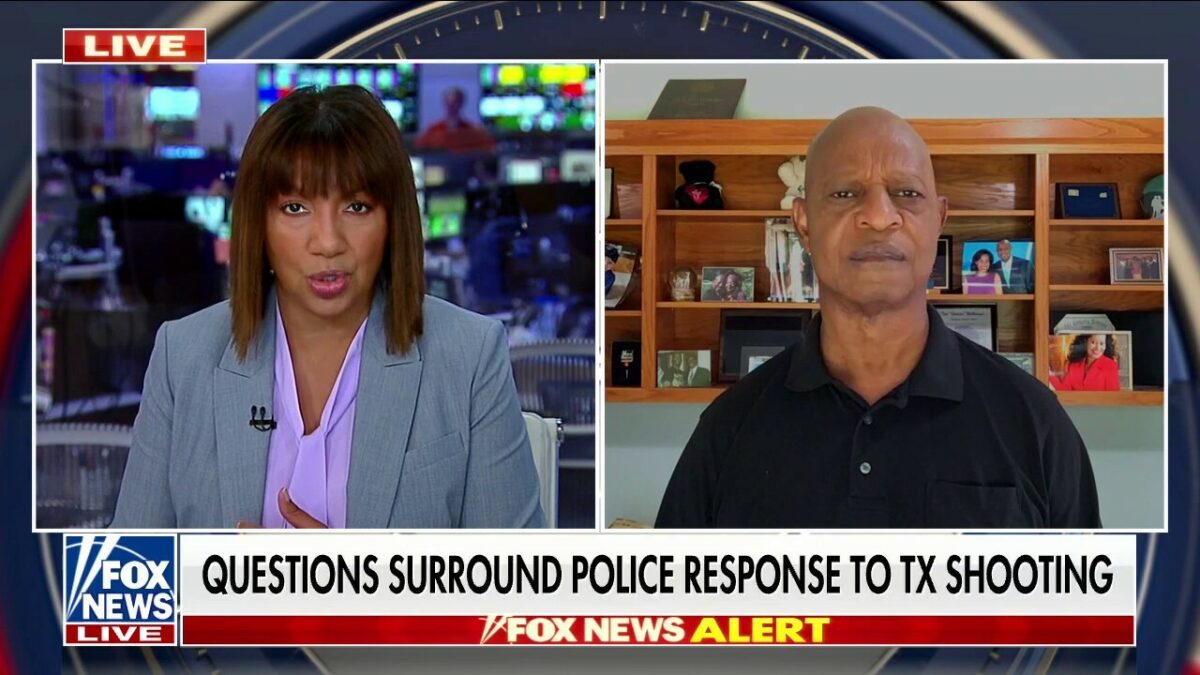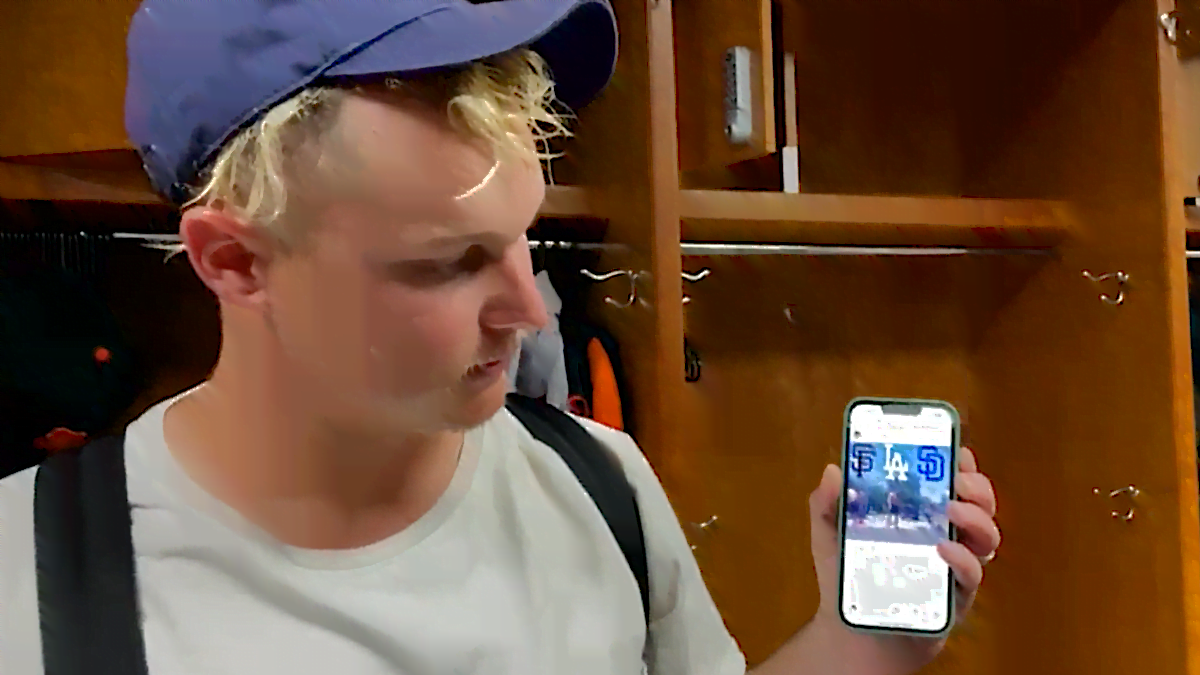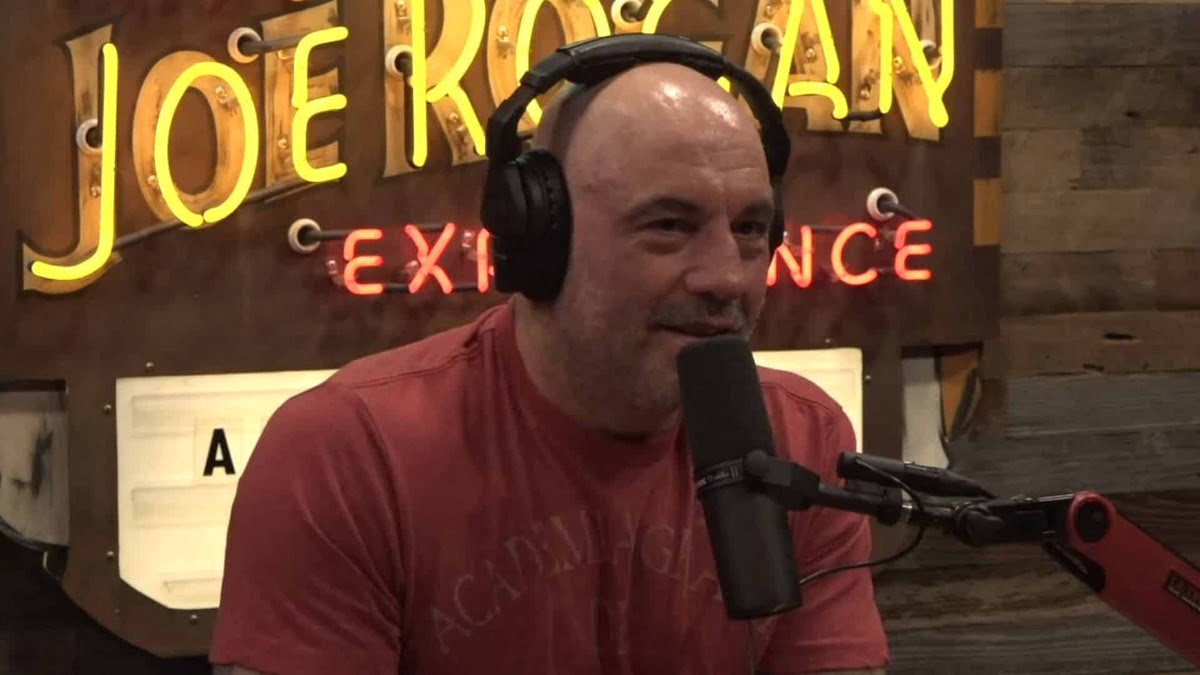In the wake of tragic incidents or mega news developments, TV news, both national and local, will often scurry to present and query their “go-to” people; the experts and the analysts who have the skills and background to add depth and clarity to a story while hopefully helping the viewer understand what’s happening and why.
We know this because, at one time or another, many of us have been involved in securing such medical, business, or legal experts. Newsroom personnel becomes adept at reeling in the tactical and operational professionals, past and present, to help us tell the story.
There, within our contacts lists, often with a short bio and sometimes with the added bonus of a ‘” Can Talk About…” notation, live the advisors, the talking encyclopedias of information.
They are retired military officers, attorneys, and physicians. Many have written books or are adjunct and visiting professors somewhere.
We call them to help dissect ground battles or high-profile court cases or outbreaks and break mass casualty incidents. At the right time, their analysis can be critical to the coverage and to the spread of relevant information.
I raise the point, however, that more and more, they are called into service at the very onset of a story, with few facts and little detail. There is often not much for them to go on, they are left scrambling, and the potential thought-provoking analysis and perspective burns out quickly.
The audience left in head-scratching dismay.
Could it not have waited? Could the anchor and reporter not make it on their own a bit longer with, “Here’s what we know so far?”
There is a variety, and often a sporadic methodology applied when it comes to selecting and presenting these E’s and A’s (Experts and Analysts).
At some levels, it’s done for us. Obviously, there are paid consultants retained mostly by the networks and big print organizations, and while their titles are generally impressive, many times, the details and commentary they provide can be perceived as diluted, generic, and often lacking specificity.
But isn’t not knowing for the moment better than letting someone speculate or pontificate for the sole purpose of trying to impress rather than inform?
This is never said to diminish the capabilities and credentials of those enlisted to provide analysis, but professional fields are vast and certainly specialized.
I expressly question their early value when it comes to the TV discussion panels the network talk shows like to spend so much time on. People tend to talk over one another when actual detail on the topic is severely limited, but that time of media is a different animal altogether.
The panel can be particularly challenging because, just like a radio call-in show, you must be so careful not to stack your three, four, or five boxes with the same opinions, the same perspective. Five callers in a row all saying “the head coach needs to go,” and your audience heads to the all Bee Gees station.
(Actually. I think sports fans are by far the most dedicated of media consumers, so they will probably stick with it regardless of how lopsided the conversation gets.)
Regardless of what we read on social media, a great deal of our audience is actually more intuitive than we generally give them credit for, so trying to pull the wool over their eyes only risks their trust and respect.
There are exceptions; the finest I do see is the valid and legitimate medical correspondents who are proven professionals in their own right. The MD also possesses reporting skills; the same goes for the JD, who knows what to do with a microphone and a keyboard.
They know enough to go find an epidemiologist, an oncologist, or whatever the specialty requires for proper in-depth coverage of the story. Alternatively, the criminal trial attorney/correspondent knows they need to speak with a SCOTUS clerk or a litigator.
I may be a geek, but how cool is watching one physician interview and evoke responses from a colleague with more direct knowledge than they have, all to adequately inform the audience?
Fifteen years or so, I remember a specific period where there was a high incidence of high-profile police pursuits around the country.
The kind sharply caught on video from news helicopters in the sky. Many resulted in crashes and collateral damage, so the question of pursuit policies and regulating when and why to chase became a major topic of media discussion.
All and well and good, but so many outlets would immediately bring on some retired federal agent to discuss the do’s and don’ts and the why’s and why not’s of police chases. The thing is, most feds do not regularly engage in police pursuits, at least not the kind that happens countless times a day in America.
There is no frame of reference, so what are we doing here?
The same can be said for the response to most mass casualty incidents.
Whom are we asking?
There is always the right tool for the right job.
Obviously, I am circling the two most recent gut-wrenching tragedies, but I see no need and no desire to stir the pot by calling up coverage issues there.
Now here I am talking about a topic where I recognize the difference and the need for more specific expertise. But there are a trillion subjects where I and many others do not have any knowledge, or at least not a lot, so how many times have I and my lesser informed cohorts been underserved by an “expert” so labeled by a news outlet simply because they say so or even worse because they pay them?
Moreover, I see nothing inappropriate or out of line in raising a question or two here. It’s right to inquire; it’s not an accusation.
It’s not that I feel they’re not telling us anything; it seems like they’re not telling us anything we couldn’t very quickly find on Wikipedia or some Google search.
Like being at a cocktail party, striking up a conversation with a college music professor only to have them say, “Hey, did you know Beethoven was deaf?”
When are we trying to entertain more than inform?
It’s such an incredible accomplishment when a news team secures that one person who ultimately brings that clarity and definition to the topic at hand.
Sometimes it’s all in the vetting.
What can you tell the audience about what’s going on here, about what went wrong here? Is there a similar situation you can refer to, personal knowledge you can draw on for us to paint the picture?
It’s that person who has been down that very road this story is now heading, as opposed to someone who has merely driven by it a time or time or two.
If you don’t mind, I’ll wait for them.
Bill Zito has devoted most of his work efforts to broadcast news since 1999. He made the career switch after serving a dozen years as a police officer on both coasts. Splitting the time between Radio and TV, he’s worked for ABC News and Fox News, News 12 New York , The Weather Channel and KIRO and KOMO in Seattle. He writes, edits and anchors for Audacy’s WTIC-AM in Hartford and lives in New England. You can find him on Twitter @BillZitoNEWS.








